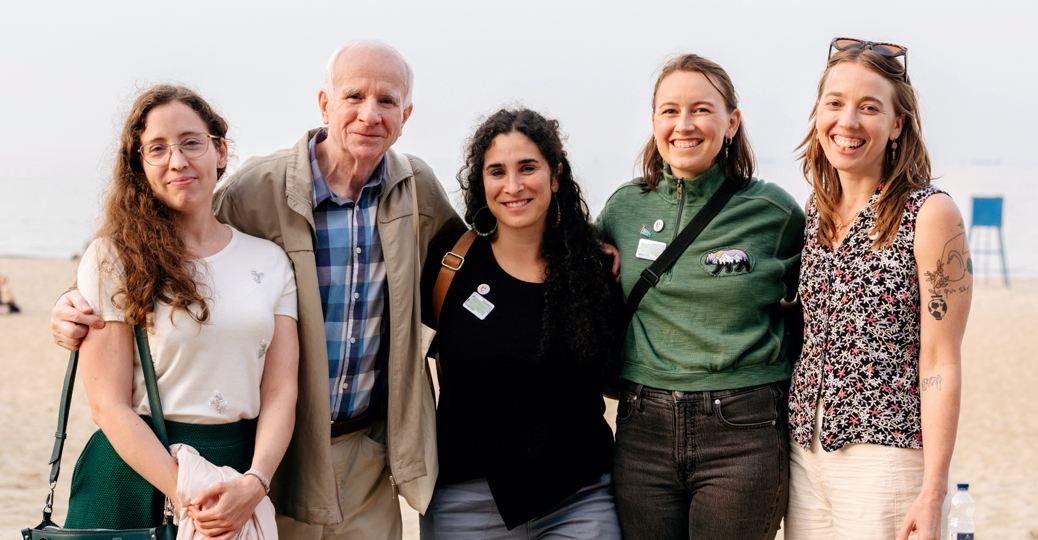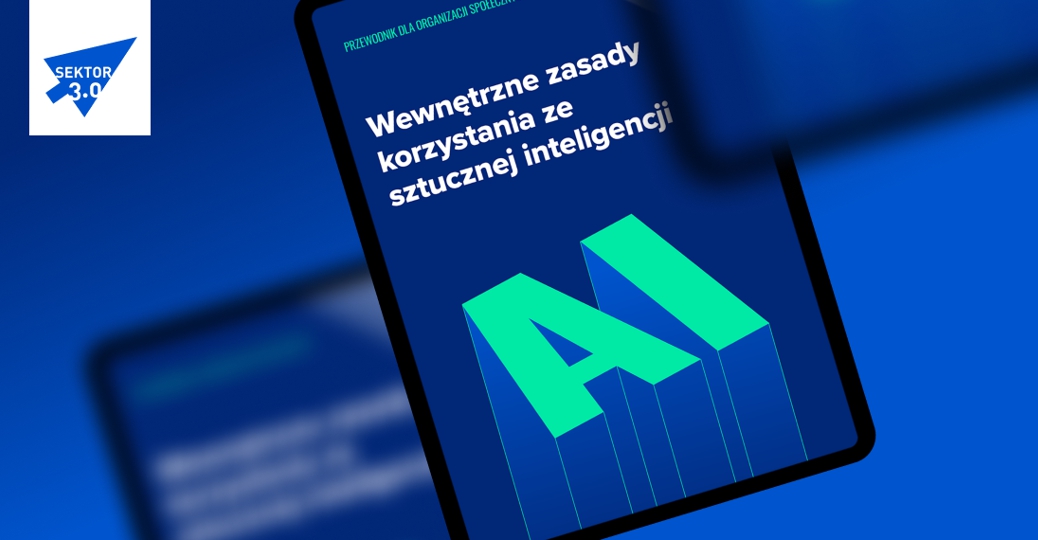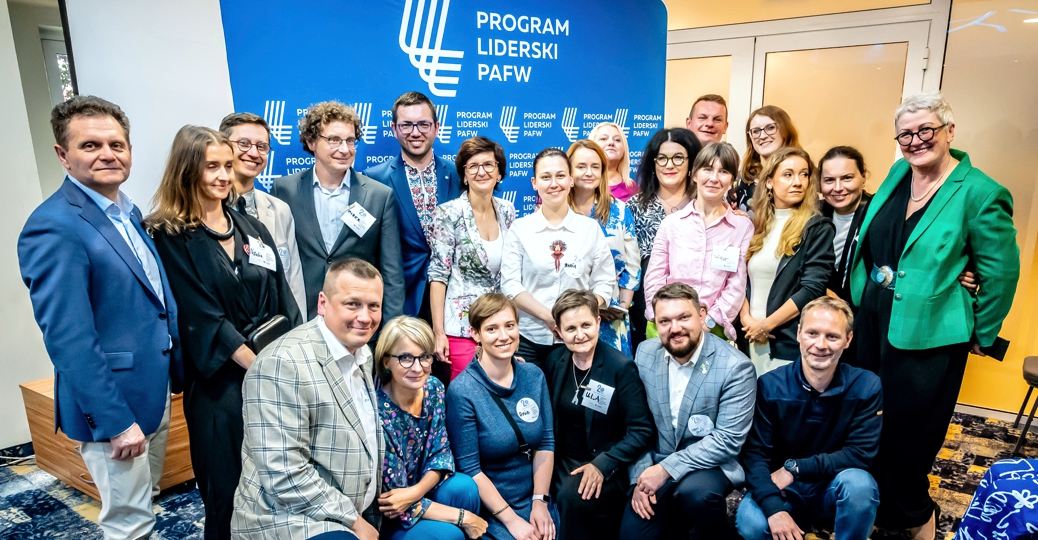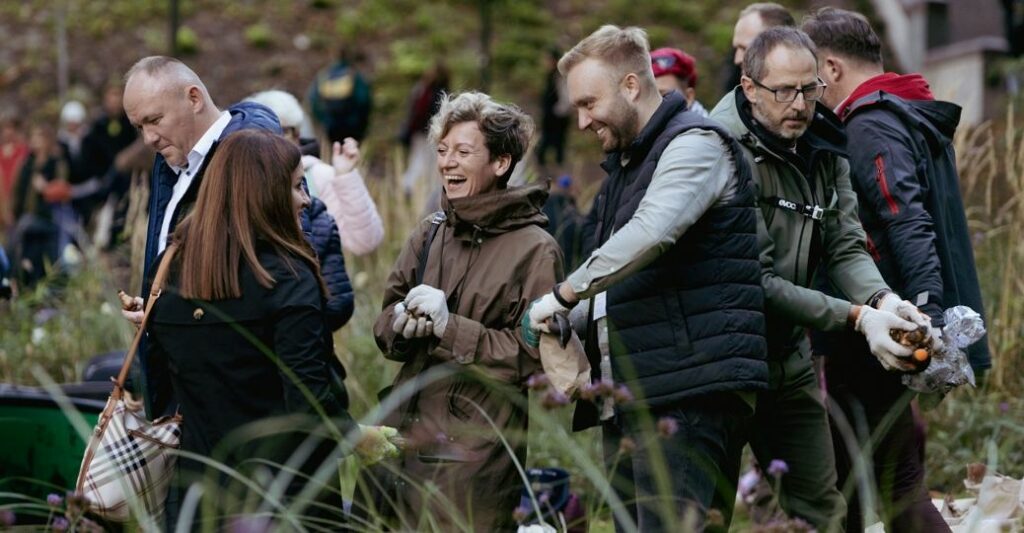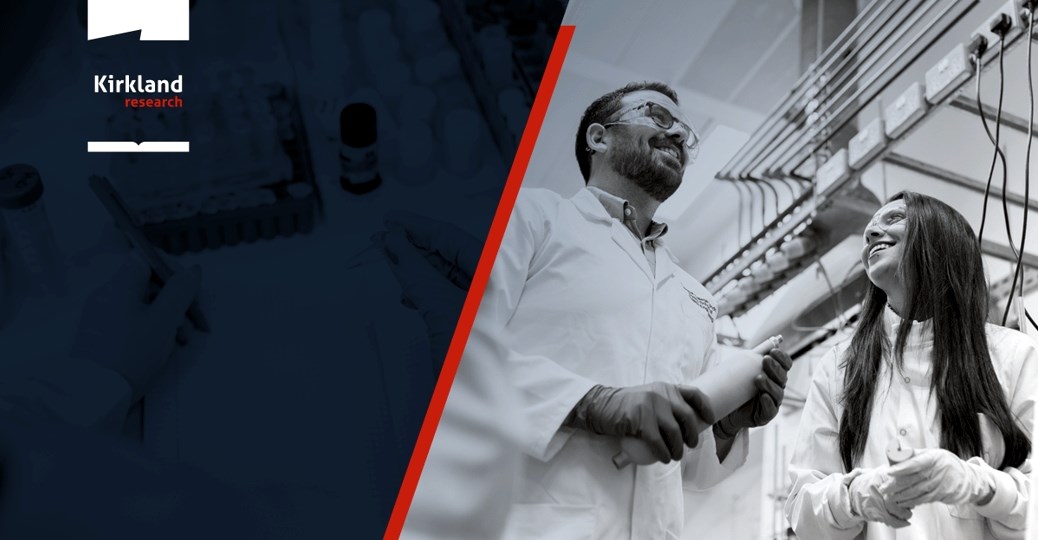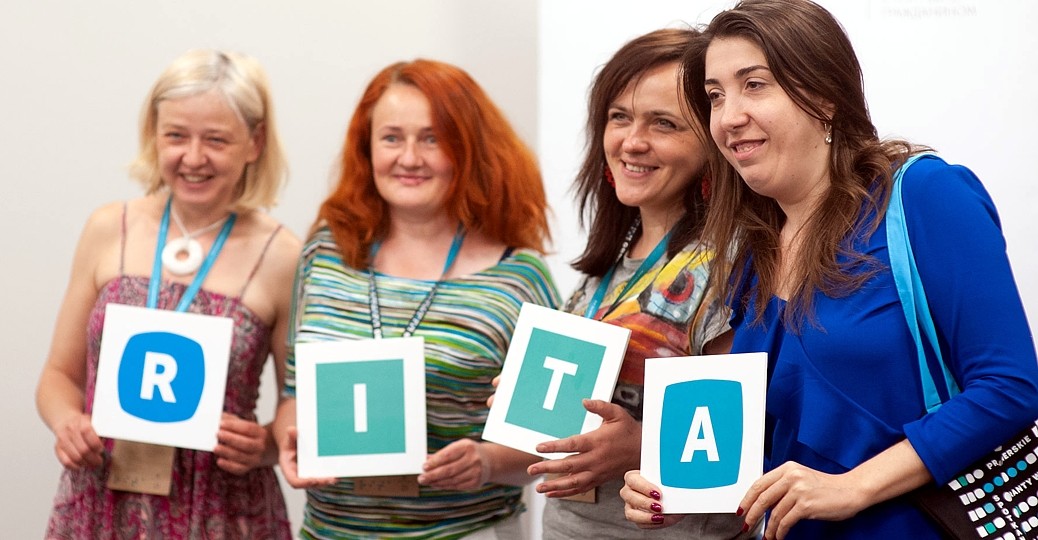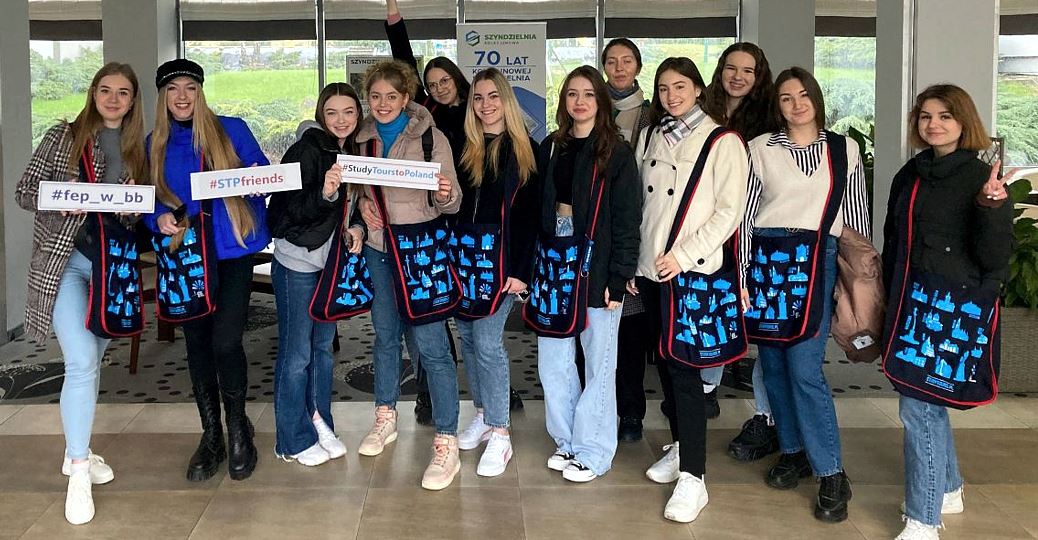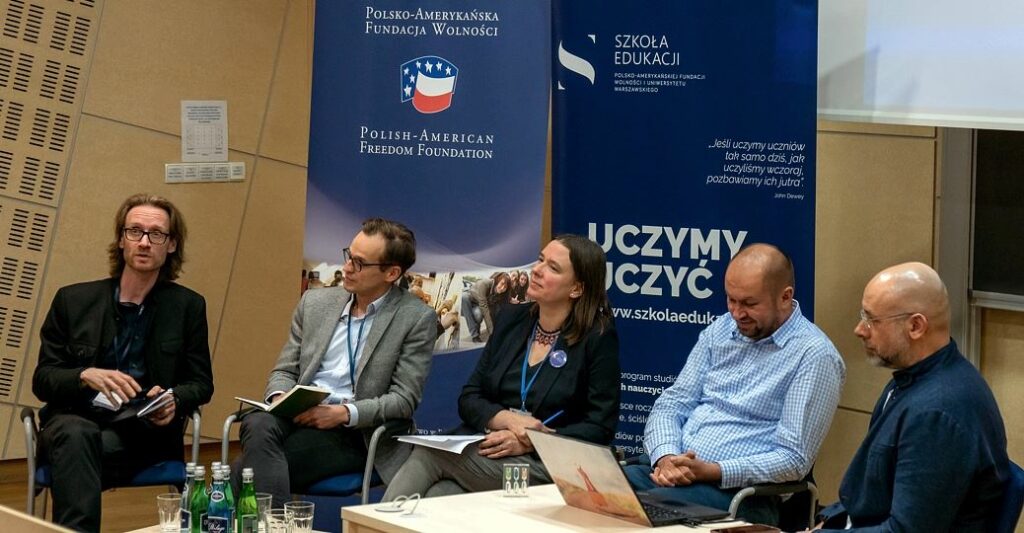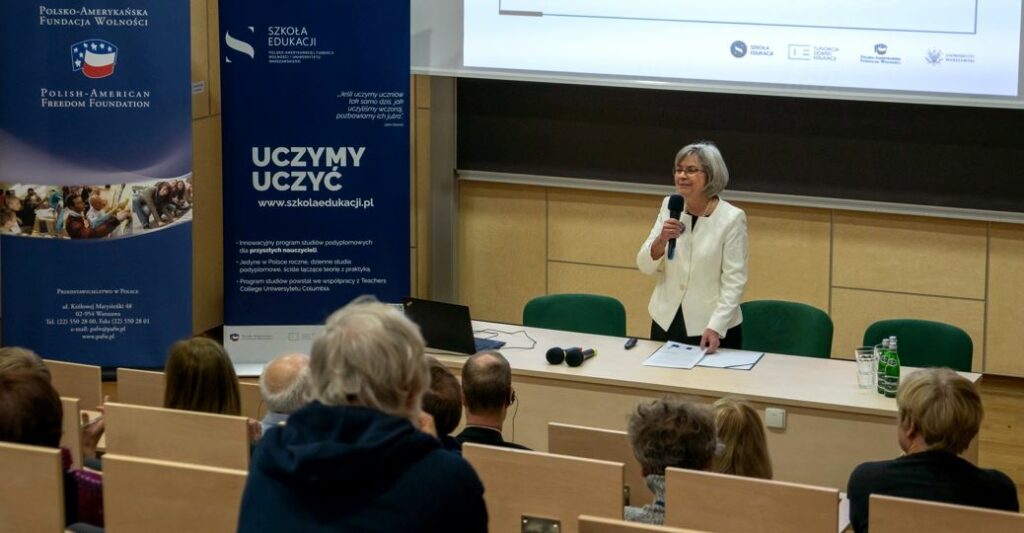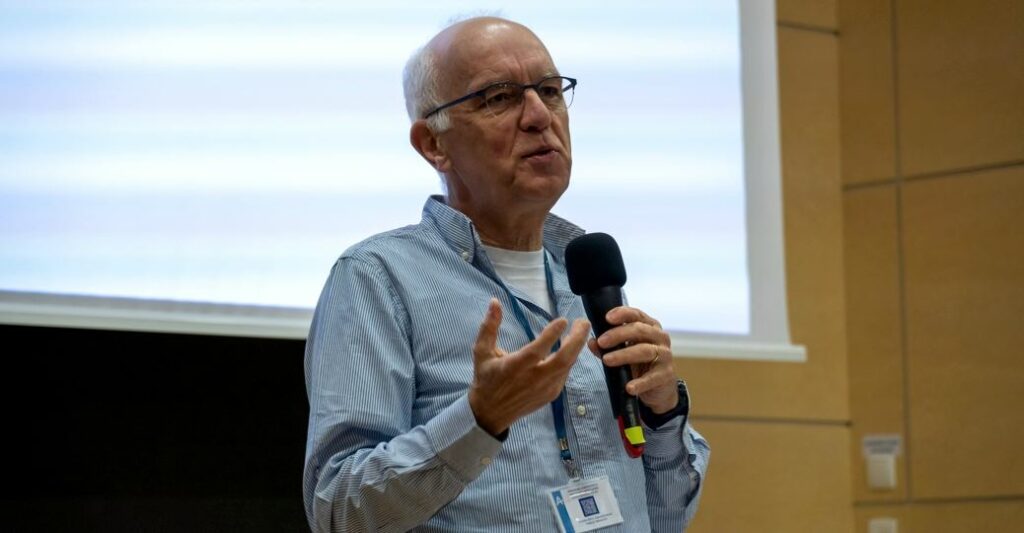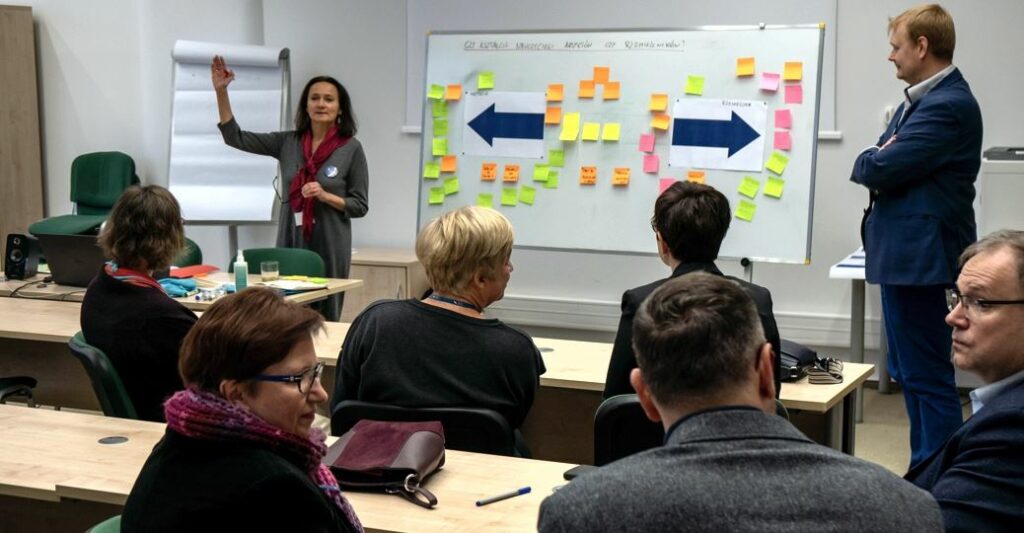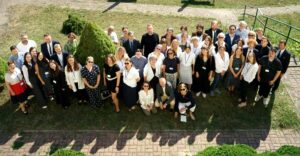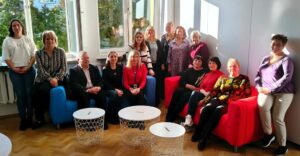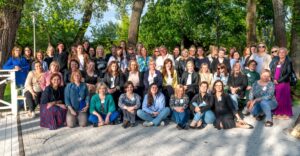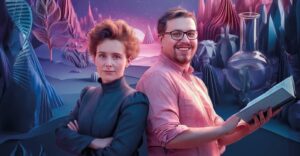Two days, four plenary lectures, 80 participants representing the biggest academic centers in Poland, presentation of over twenty projects and analyses. On November 17 and 18 the academic conference on The Role of Educational Research in Education of Future Teachers was held at the PAFF and UW School of Education.
Prof. Gert Biesta: We shall notice broader context
The first plenary lecture was given by well-known Dutch philosopher of education, Professor at University of Edinburgh and Maynooth University Gert Biesta. He emphasized that while doing research on education we have to remember about the complexity of teaching and learning process and warned against the risk of oversimplifications and staying blind to various contexts of education. “Being teachers we shall always be able to look further than only at evident, visible things – we shall see the student’s chances and potential,” Prof. Biesta said.
Prof. Thomas Hatch: sometimes something just doesn’t work in education
Another guest of the Conference was Prof. Thomas Hatch of Teachers College Columbia University, New York – one of the best teacher educating centers in the world and the School of Education partner since its inception. In his lecture he pointed out that educators must be aware of changes taking place in education, and also that these changes are very slow, sometimes almost invisibly. However they should focus their attention on introduction of micro innovations which can impact directly their students and also have influence on the system of education. As the lecture moderator Magdalena Radwan-Röhrenschef noticed, that philosophy is close to the one followed by the School of Education where people introducing small but important changes are called discreet revolutionaries.
Evaluation and hard evidence in education
The second day of Conference was opened with the plenary lecture given by Dr. Bartłomiej Walczak of University of Warsaw and PAFF and UW School of Education. He spoke about teachers becoming researchers themselves, bur at the same time pointed that conclusions from external research and evaluation works shall impact teacher’s work and shape individual thought necessary for the process of changing education.
Dr. Maciej Jakubowski of University of Warsaw and Evidence Institute – in contradiction to Prof. Biesta’s theses – claimed that it is research and hard evidence that shall make the main factor influencing both education policy and the practical teaching. He argued that the school reality is loaded with various psychological and didactic myths which disturb the process of educating.
Apart from the plenary lectures, during the two days of Conference the participants could listen to presentations of research carried out by researchers of various Polish academic centers. They were related both to the subject teaching – e.g. biology, geography or Polish, and educational and psychological issues such as distance teaching at the time of pandemic, addiction to mobile phones, or proactive attitudes of teachers.
From research to the change. How to involve teachers?
At the end of the Conference the participants asked the fundamental question: how the results of research work should be delivered to schools and how the teachers should be encouraged to use these results in their everyday work.
Dr. Bartłomiej Walczak emphasized that teachers are interested to know how something works. So it is critical to present the results of research work in the practical context and not in form of a lecture.
Dr. Jędrzej Witkowski of Center for Citizenship Education Foundation noted that before we start communicating the research results, we have to know where the teachers are, what are their experiences and attitudes: “The conversation on research is fruitful when we ask teachers what problems they face in the classroom, and not what problems have been noticed by the researcher. Communicating the research work results is a good start of the professional development of teachers process,” Dr. Witkowski explained.
Dr. Maciej Jakubowski pointed to the interesting practice of writing implementation guides by teachers in cooperation with the researchers. Such a solution makes teachers more willful to get involved in activities aimed at introduction of changes in education.
According to Magdalena Radwan-Röhrenschef of the School of Education, to be open to education research, teachers “must understand that this research is in their own interest, leads to perceiving teaching as a profession and them as professionals.”
The School of Education is a joint initiative of Polish-American Freedom Foundation and University of Warsaw, whose program was prepared in close cooperation with prestigious Columbia University Teachers College in New York. It is the only academic institution in Poland offering full time post graduate course that gives a teaching license.









